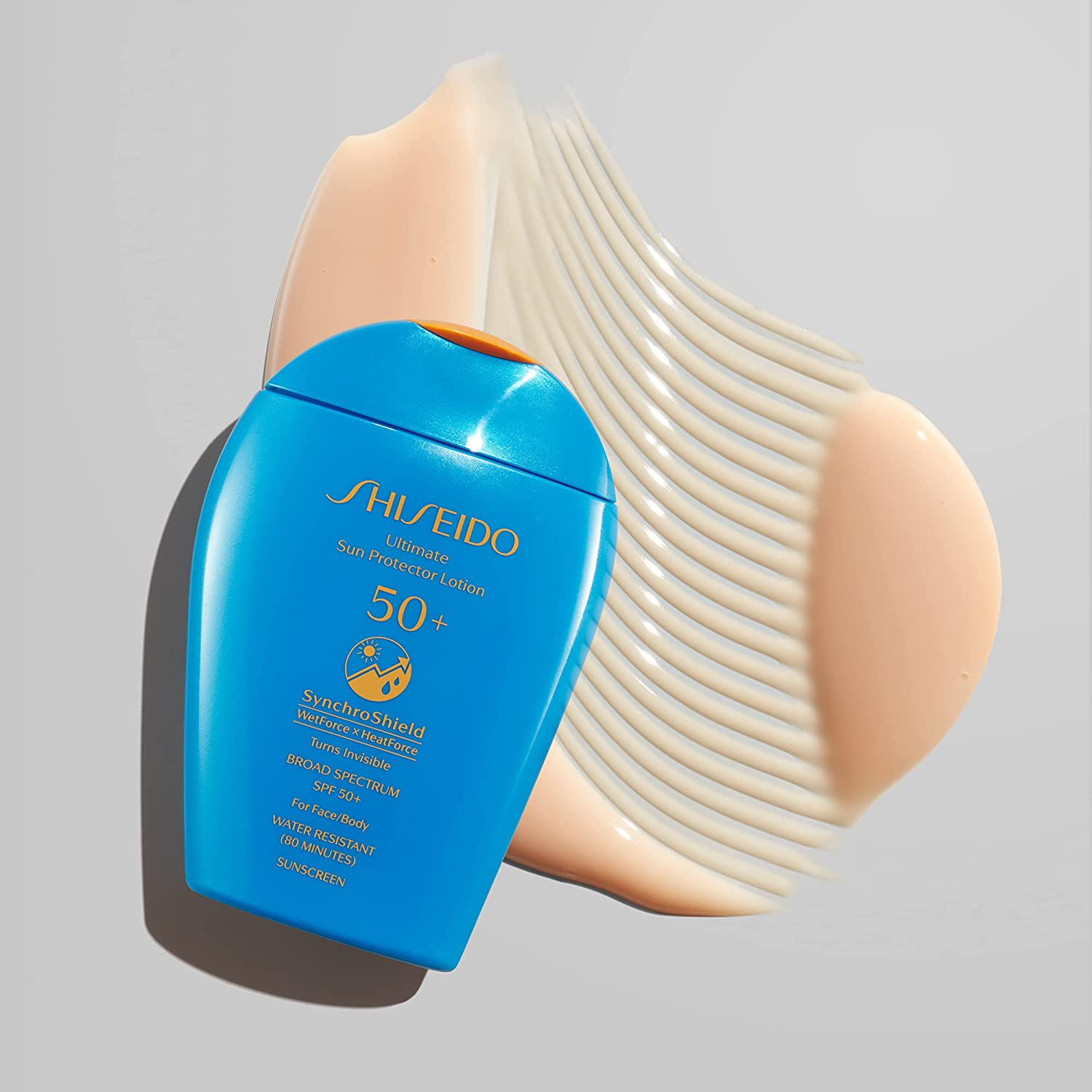To protect your skin from heat, especially during hot weather or exposure to direct sunlight, you can follow these guidelines:
-
Apply sunscreen: Use a broad-spectrum sunscreen with a high sun protection factor (SPF) of 30 or above. Apply it generously on all exposed areas of your skin at least 15-30 minutes before going outside.
-
Wear protective clothing: Cover your skin with lightweight, loose-fitting clothing that helps to shield you from the sun. Opt for long sleeves, long pants, and a wide-brimmed hat to protect your face, neck, and ears from direct sunlight.
-
Seek shade: When the sun is strongest, usually between 10 a.m. and 4 p.m., try to stay in shaded areas. This reduces direct exposure to harmful UV rays and helps keep your skin cooler.
-
Use sunglasses: you can also use sunglasses to avoid heat in your eyes. This can prevent sunburn and reduce the risk of long-term damage to your eyes.
-
Stay hydrated: Proper hydration is essential to maintain healthy skin. Drink plenty of water throughout the day, especially when you're exposed to heat, to help keep your skin hydrated and maintain its natural barrier function.
-
Use a hat or umbrella: In addition to sunscreen, wearing a wide-brimmed hat or using an umbrella can provide extra shade and protection for your face and body.
-
Avoid tanning beds: Tanning beds emit harmful UV radiation, which can damage your skin and increase the risk of skin cancer.
-
Take cool showers: After being exposed to heat, take cool showers or baths to lower your body temperature and soothe your skin.
-
Moisturize your skin: Use a gentle, hydrating moisturizer to keep your skin nourished and prevent it from drying out due to heat exposure.
sensitivity to sunlight. Consult with your healthcare provider or pharmacist to determine if any medications you're taking can make your skin more susceptible to sunburn or other heat-related skin issues.
Remember, protecting your skin from heat is important not only to prevent immediate discomfort like sunburn but also to reduce the risk of long-term skin damage and skin cancer.
Why we use sunscreen
Sunscreen offers numerous benefits for the skin and overall health. Here are some key benefits of using sunscreen:
- Protection against harmful UV rays: Sunscreen shields the skin from the damaging effects of ultraviolet (UV) radiation emitted by the sun. UV rays can cause sunburn, premature skin aging, and an increased risk of skin cancer. Sunscreens with a high sun protection factor (SPF) provide effective defense against both UVA and UVB rays.
- Prevention of sunburn: Sunburn is a visible sign of skin damage caused by excessive exposure to the sun. Sunscreen helps prevent sunburn by blocking or absorbing UV rays, reducing the risk of painful redness, inflammation, and peeling of the skin.
- Reduction in the risk of skin cancer: Prolonged and unprotected exposure to UV rays increases the risk of developing skin cancer, including melanoma, the most dangerous form. Regular use of sunscreen, along with other sun protection measures, can significantly lower this risk.
- Minimization of premature skin aging: UV radiation is a major contributor to premature skin aging, leading to wrinkles, fine lines, and sagging skin. By protecting against the sun's harmful rays, sunscreen helps maintain youthful-looking skin and prevents the development of premature signs of aging.
- Prevention of hyperpigmentation and dark spots: Sunscreen helps prevent the overproduction of melanin, the pigment responsible for skin coloration. This reduces the risk of hyperpigmentation, dark spots, and uneven skin tone caused by sun exposure.
- Maintenance of skin health: Sunscreen acts as a barrier between the skin and environmental aggressors, including pollution and free radicals. It helps to maintain the skin's natural moisture balance, reducing dryness and improving overall skin health.
- Protection for all skin types: Sunscreen is suitable for all skin types, including sensitive skin. It can help prevent or alleviate certain skin conditions exacerbated by sun exposure, such as rosacea and eczema.
- Enhanced effectiveness when used with other sun protection measures: Sunscreen should be used in conjunction with other sun protection strategies, such as seeking shade, wearing protective clothing, and using sunglasses. When combined, these measures provide comprehensive protection against the sun's harmful effects.
Best sunscreen to protect us from heat and UV rays
1.La Roche-Posey Anthelion Tinted Sunscreen SPF 50 | Ultra-Light Fluid Mineral Sunscreen for Face with Titanium Dioxide | Sensitive-Skin Tested | Oil-Free | Travel Size Sunscreen 1.7
Fl Oz
IS CLINICAL Eclipse SPF 50+ Sunscreen, Zinc Oxide tinted sunscreen, ultra sheer non-greasy matte finish sun cream for face
| |||||||||||
Shiseido Ultimate Sun Protector Lotion - Invisible Broad-Spectrum SPF 50+ Sunscreen for Face & Body - Lightweight Formula - All Skin Types
|











0 Comments